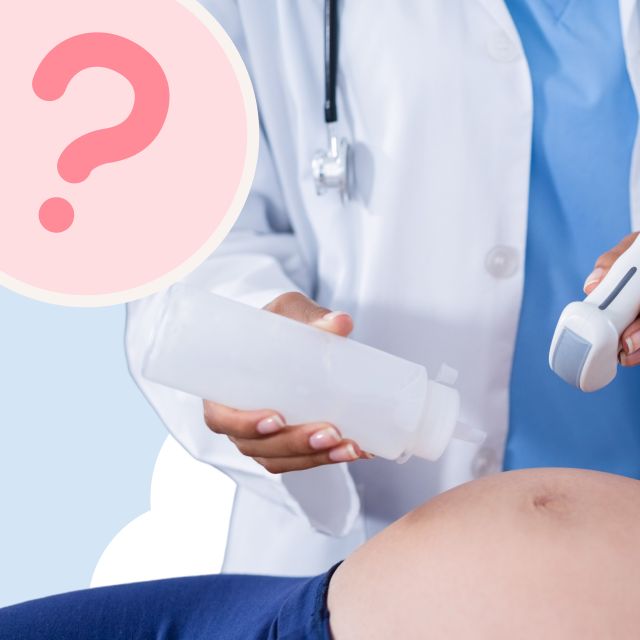Group B Streptococcus (GBS) Screening & Management
You may have heard of Group B Streptococcus (GBS), a bacteria that is commonly found in the genital tract or rectum of both men and women.
While GBS is generally harmless in adults, it can pose a risk to newborns during childbirth.
That's why it's important to understand GBS and take necessary precautions to protect your baby.
GBS Screening: A Vital Step
During your pregnancy, your healthcare provider will recommend a GBS screening, usually around the 36th week of gestation.
This involves taking a swab of your vagina and rectum to test for the presence of GBS.
The screening is painless and quick, and the results will help determine the appropriate management plan for you and your baby.
Preventing GBS Transmission to Your Baby
If you test positive for GBS, there are measures you can take to reduce the risk of transmitting it to your baby during childbirth. Your healthcare provider will discuss the following options with you:
The Importance of GBS Awareness
It's essential to be aware of GBS and its potential impact on your baby.
By being proactive and following the recommended screening and management guidelines, you can significantly reduce the risk of GBS transmission and protect your baby's health.









Answer
1
Answer
0